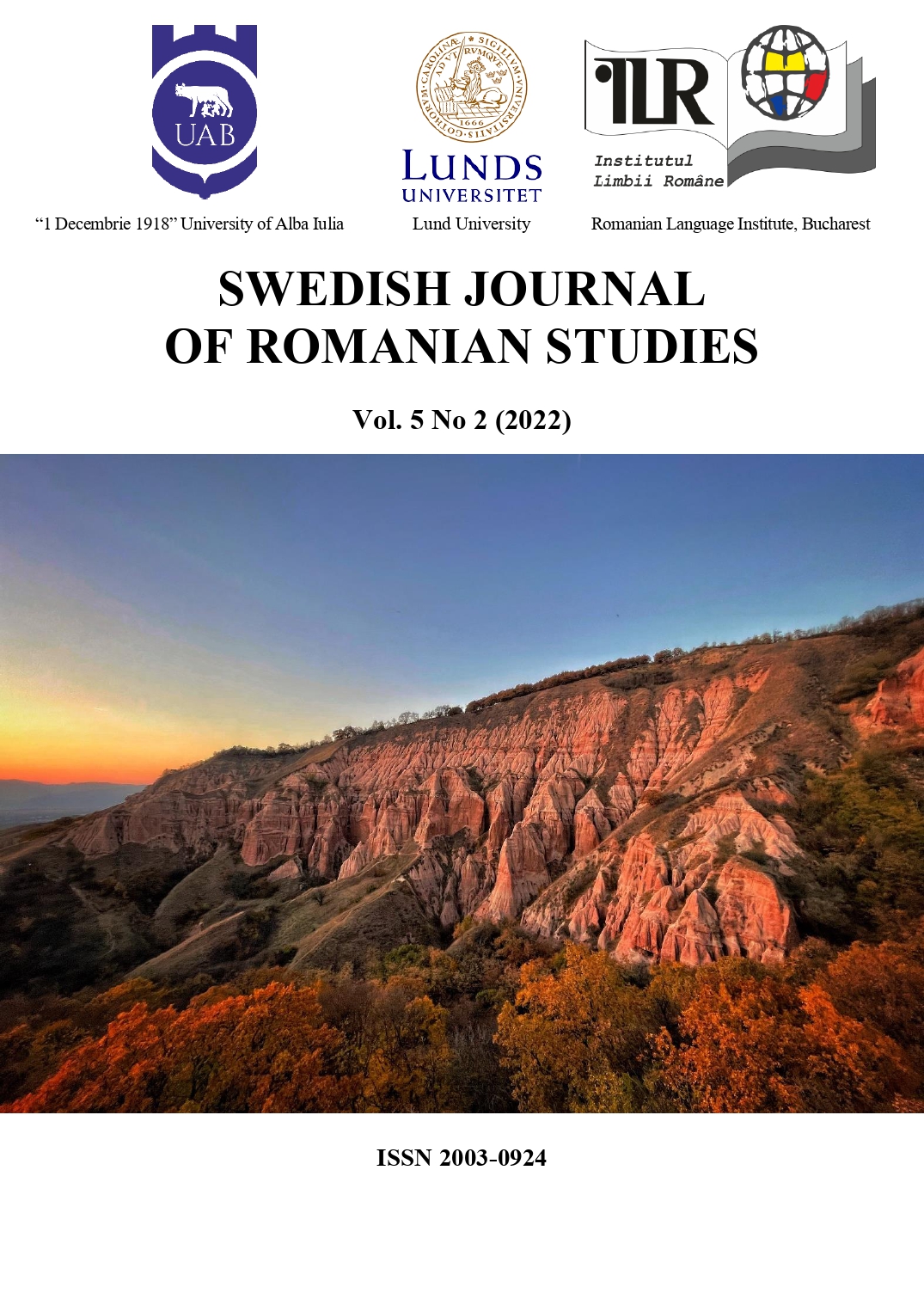Instances of (un)translatability in Ion Creangă’s “Amintiri din copilărie”/ ”Memories of my boyhood”
Instances of (un)translatability in Ion Creangă’s “Amintiri din copilărie”/ ”Memories of my boyhood”
Author(s): Andra Iulia UrsaSubject(s): Semiotics / Semiology, Novel, Lexis, Semantics, Pragmatics, Comparative Linguistics, Sociolinguistics, Cognitive linguistics, Descriptive linguistics, Romanian Literature, Cultural Anthropology / Ethnology, Culture and social structure , Translation Studies, Theory of Literature, Stylistics, Sociology of Literature
Published by: Språk- och litteraturcentrum, Lunds Universitet
Keywords: untranslatability; vernacular; Ion Creangă; minor literature; pragmatic stylistics;
Summary/Abstract: These days, writing about untranslatability may seem courageous, as more and more voices associate this issue with translation incapacity and, instead, advocate for creative remedies or even reject such an instance. This study does not deal with a contemporary novel, nor does it have to do with a powerful textual space. However, we believe that translation theories mainly focus on analyses of a certain category of languages, and raise questions of discrepancies between subordinate and dominant cultures, a tendency which derives from the proneness of the international publishing industry to favour certain languages and types of writing. We are not aiming for a debate around the subject of publishing politics or endeavours, but rather we try to cast some light on the ambitious project of rendering vernacular into a powerful language. This paper deals with the work of a great Moldavian storyteller who contributes significantly to the enhancement of expressiveness through linguistic characteristics that occur informally. We hypothesise that the vibrant vernacular writing “Memories of my boyhood” creates potential instances of untranslatability, due to significant differences between the Romanian variety and English, not necessarily in the linguistic inventory but rather in the cognitive structures of the readership. Therefore, the case study focuses on how source text and target text readers infer meaning from interjections and terms of address, originally belonging to the Moldavian modes of expression. Although the translators re-create these short utterances, due to a lack of a similar background from the part of the receiving culture, we witness a limitation on conveying their original intentionality, emotion and plethora of meanings.
Journal: Swedish Journal of Romanian Studies
- Issue Year: 5/2022
- Issue No: 2
- Page Range: 175-190
- Page Count: 16
- Language: English

